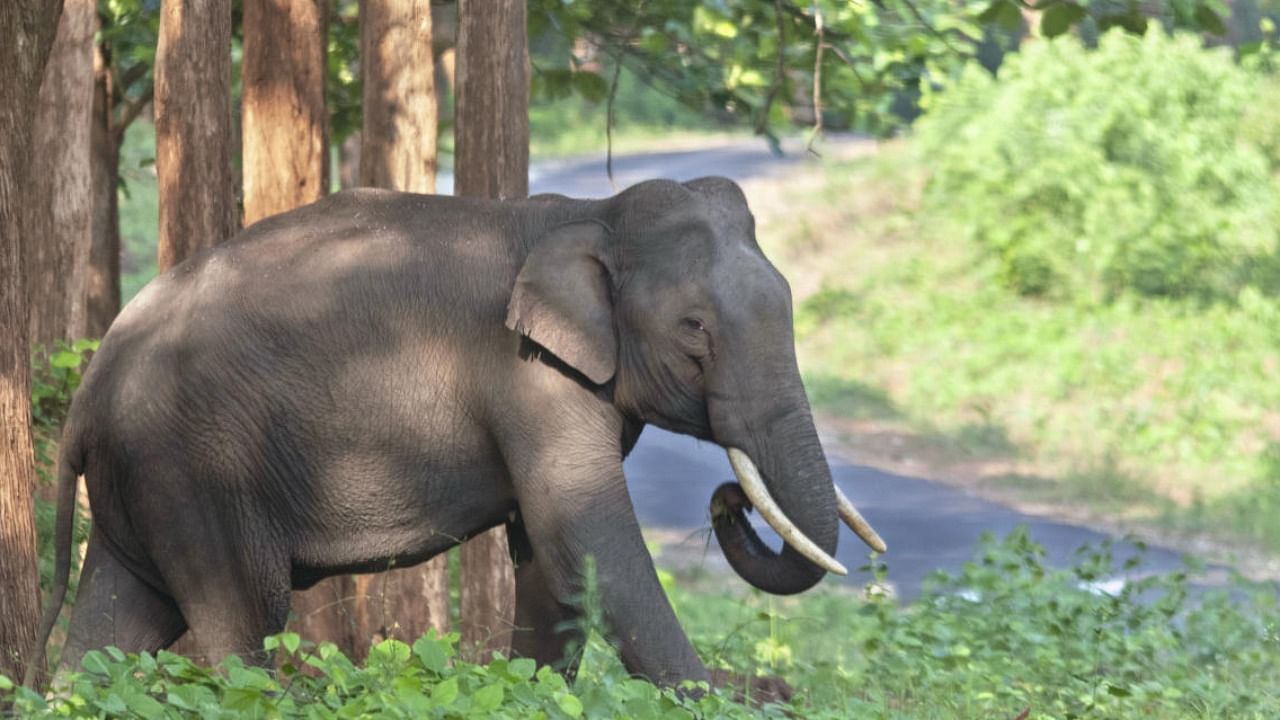
From creating ramps to help elephants cross railway tracks to DNA typing of captive jumbos – the Union environment ministry has readied multiple strategies for better conservation of India’s national heritage animal as Project Elephant turns 30, but there are stiff challenges to secure the elephant corridors for conflict-free march of the pachyderms.
Despite India having more than 80 elephant corridors, only one such corridor in Tamil Nadu – Sigur – has been notified. A second corridor in Odisha (Simlipal) proposed long ago, is yet to be legally recognised by the state government.
Notification of elephant corridors were essential to avoid commercial constructions and human settlements in forested areas for trouble-free movement of elephants and for lowering human-animal conflict, officials said on the eve of Project Elephant completing three decades.
More than 500 Indians were killed in elephant attacks in each of the last three years as the cases of such conflict rise across the country.
On an average more than 65 elephants were killed in each of the last three fiscals as farmers use electric fences to protect their crops. There are also a few cases of poisoning.
A 2010 task force on elephants identified 88 corridors that the jumbos used to move from one part of the country to another. The ministry carried out ground-truthing surveys to confirm the existence of 82 of them so far and similar surveys are going on for the rest.
“We will soon complete ground truthing for all the corridors. The question is how to protect them legally,” said an official.
Collision with speeding trains is another problem area for which the ministry in consultation with top railway officials identified 100 trouble spots – each stretching 1-1.5 km – for which the plan is to create wide ramps on either side of the tracks so that the herd can cross over easily.
In a few spots underpasses may also come up. The final decision will be taken after two pilot projects in Uttarakhand.
Most of the railway collision deaths happened because the juveniles or sub-adults got stuck within the railway track while crossing and the elders came forward for assistance. A ramp, officials said, could solve the problem. In the last three years, 41 elephants were killed by accelerating locomotives. The ministry is also carrying out DNA profiling of 2,675 captive elephants, of which 270 have been completed.
As per the 2017 census, there are nearly 30,000 wild elephants distributed over 120,000 sq km area.
President Droupadi Murmu will kickstart the celebration of 30th anniversary at Kaziranga on Friday.
